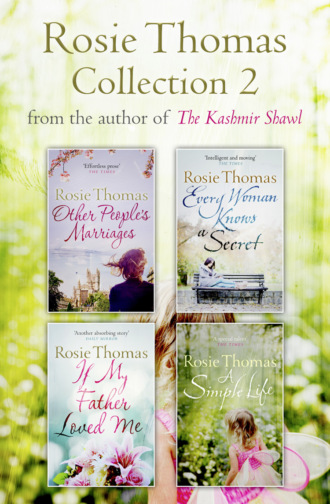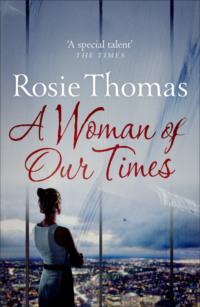Rosie Thomas 4-Book Collection: Other People’s Marriages, Every Woman Knows a Secret, If My Father Loved Me, A Simple Life

Полная версия
Rosie Thomas 4-Book Collection: Other People’s Marriages, Every Woman Knows a Secret, If My Father Loved Me, A Simple Life
Жанр: книги по психологиипериодические изданиясовременная зарубежная литературазарубежная психологиясборникипублицистика и периодические издания
Язык: Английский
Год издания: 2019
Добавлена:
Настройки чтения
Размер шрифта
Высота строк
Поля
Конец ознакомительного фрагмента
Купить и скачать всю книгу








